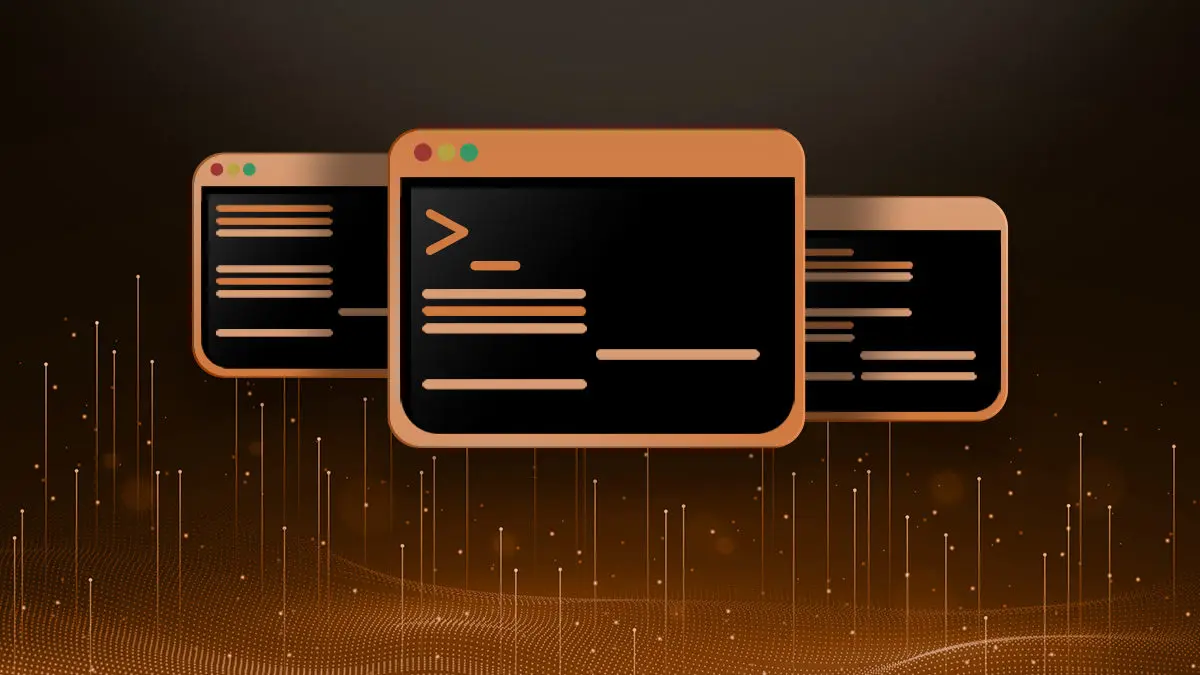Q: I have several (about 45) Linux servers in our production environment. I was asked by our security team to provide information on the version of BIOS I am running. Is there an easy way to find this information on Red Hat Linux?
A: Although this is more of a hardware question than a Linux question, I do have some input that may help.
There is a command I use to inventory my servers hardware that can show bios information. It is called dmidecode. The dmidecode command can easily find your bios information and a lot of other useful hardware information.
Simply run the following command and it should give you some good information about your BIOS.
NOTE: You will need elevated privileges (root or sudo) to run these commands.
dmidecode --type bios
Example output:
# dmidecode --type bios
# dmidecode 2.12
SMBIOS 2.6 present.
Handle 0x0000, DMI type 0, 24 bytes
BIOS Information
Vendor: Dell Inc.
Version: A03
Release Date: 05/24/2011
Address: 0xF0000
Runtime Size: 64 kB
ROM Size: 2048 kB
Characteristics:
PCI is supported
BIOS is upgradeable
BIOS shadowing is allowed
Boot from CD is supported
Selectable boot is supported
EDD is supported
5.25"/1.2 MB floppy services are supported (int 13h)
3.5"/720 kB floppy services are supported (int 13h)
3.5"/2.88 MB floppy services are supported (int 13h)
Print screen service is supported (int 5h)
8042 keyboard services are supported (int 9h)
Serial services are supported (int 14h)
Printer services are supported (int 17h)
ACPI is supported
BIOS boot specification is supported
Targeted content distribution is supported
BIOS Revision: 4.6Handle 0x003E, DMI type 13, 22 bytes
BIOS Language Information
Language Description Format: Long
Installable Languages: 1
en|US|iso8859-1
Currently Installed Language: en|US|iso8859-1
The dmidecode command should be installed by default on most modern Linux distros. If not you can easily install it using the following commands.
RPM based distros (Red Hat, CentOS, Fedora, etc.):
sudo yum -y install dmidecode
or
sudo dnf -y install dmidecode
APT based distros (Debian, Ubuntu, etc.)
sudo apt-get install dmidecode
Join Our Newsletter
Categories
- Bash Scripting (17)
- Basic Commands (51)
- Featured (7)
- Just for Fun (5)
- Linux Quick Tips (98)
- Linux Tutorials (65)
- Miscellaneous (15)
- Network Tools (6)
- Reviews (2)
- Security (32)
- Smart Home (1)

